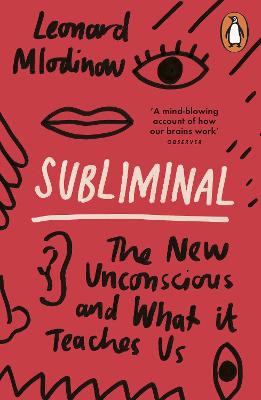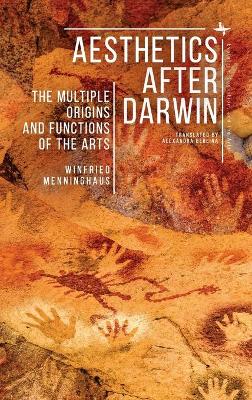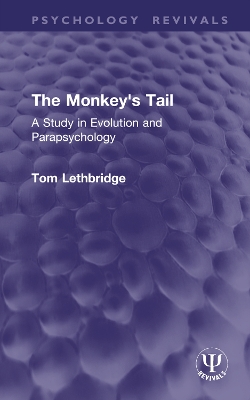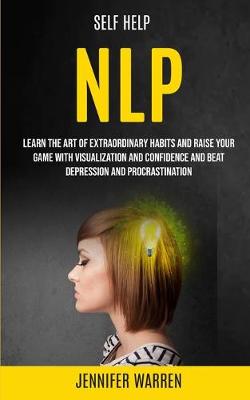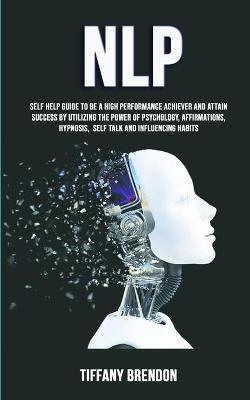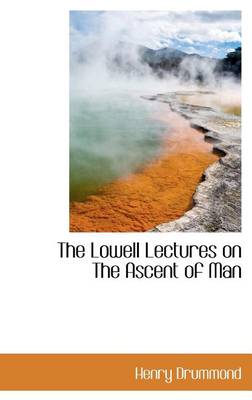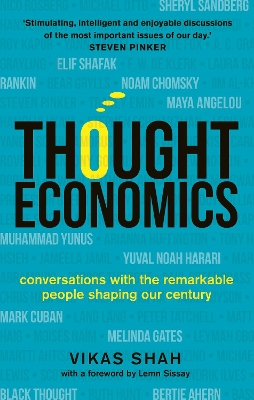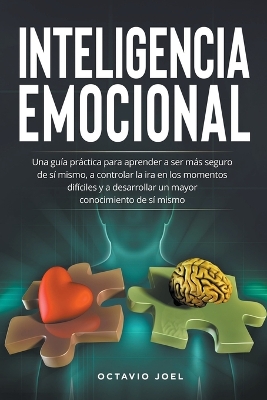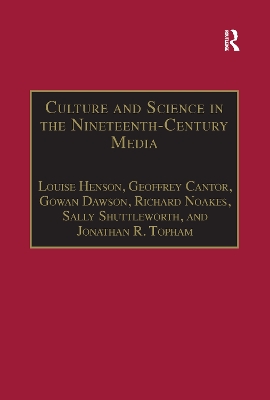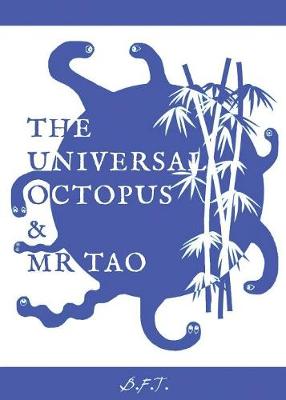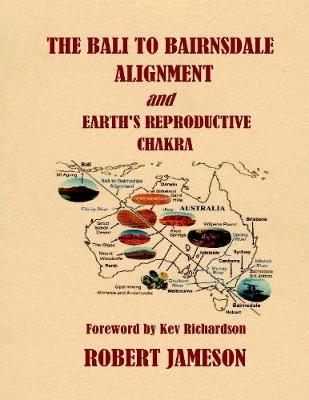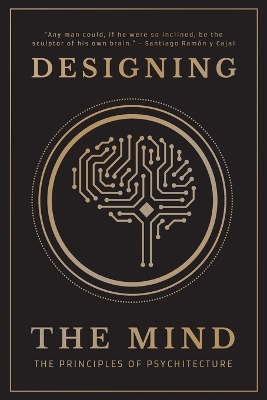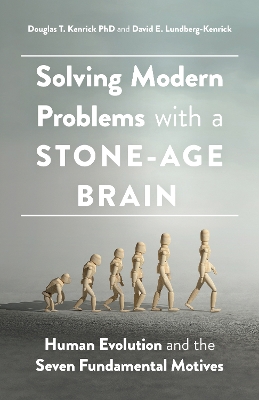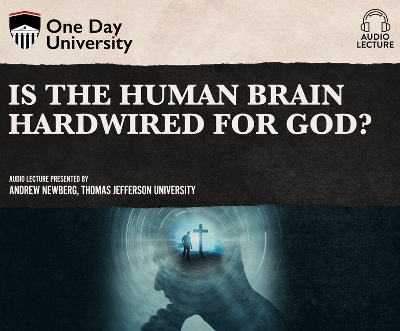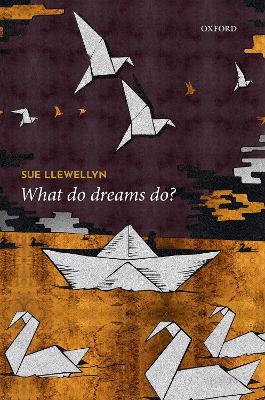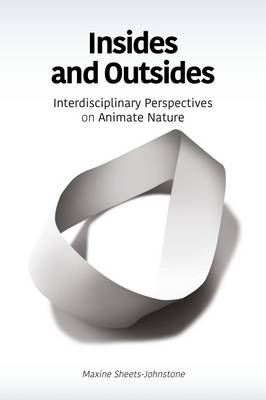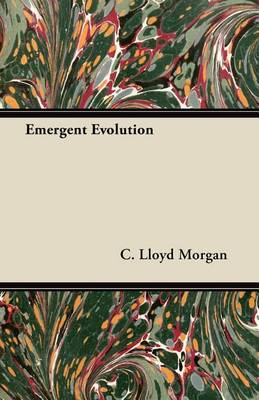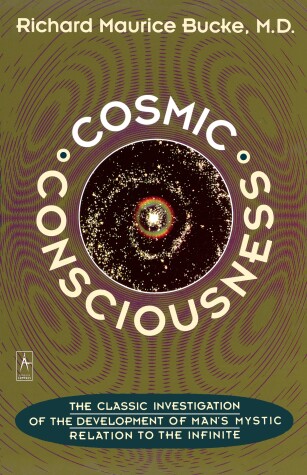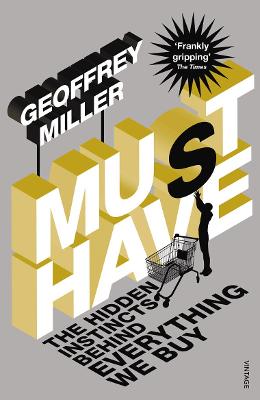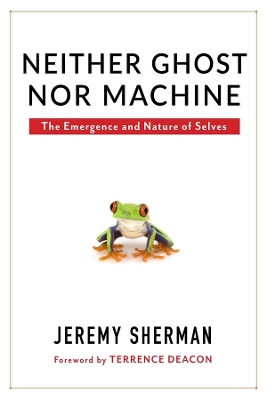While there are many books that describe the theories and research of clinical psychology and psychiatry, there are few resources that provide structured simulations for rehearsal and advancement of the critical skills mental health professionals need in the field. Advanced Therapeutics, Clinical and Interpersonal Skills series aims to fill that gap. Authored and edited by leading experts, each volume in the series focuses on one subfield within mental health, providing concise and practical exe...
Leonard Mlodinow, the best-selling author of The Drunkard's Walk and coauthor of The Grand Design (with Stephen Hawking) and War of the Worldviews (with Deepak Chopra) here examines how the unconscious mind shapes our experience of the world, and how, for instance, we often misperceive everything from our relationships with family, friends and business associates, the reasons for our investment decisions, to our own past.Your preference in politicians, the amount of tip you give the waiter-all o...
Aesthetics after Darwin (Evolution, Cognition, and the Arts)
by Winfried Menninghaus
Darwin famously proposed that sexual competition and courtship is (or at least was) the driving force of "art" production not only in animals, but also in humans. The present book is the first to reveal that Darwin's hypothesis, rather than amounting to a full-blown antidote to the humanist tradition, is actually strongly informed both by classical rhetoric and by English and German philosophical aesthetics, thereby Darwin's theory far richer and more interesting for the understanding of poetry...
In the 1960s T. C. Lethbridge’s challenging, probing studies were well established. First published in 1969, The Monkey's Tail was as remarkable as his previous investigations. Mr Lethbridge – who was trained in Natural Science before he became an archaeologist – had for years been unable to accept Darwin’s theory of Evolution. In this book he examines the theory in the light of his observations and experience. He found it wanting in every particular which he examined. In the first part of the...
‘Stimulating, intelligent and enjoyable discussions of the most important issues of our day.’ STEVEN PINKER ‘From entrepreneurs to athletes, and world leaders to entertainers, this is a fascinating collection of interviews with some of the world’s most influential individuals.’ MARK CUBAN ‘Thought Economics is a fine rebuke to the soundbite culture; these interviews are driven by real curiosity, and there is a wealth of wisdom here.’ EDWARD STOURTON ________________________Since 2007, entrepren...
Culture and Science in the Nineteenth-Century Media (The Nineteenth Century)
by Louise Henson, Geoffrey Cantor, Gowan Dawson, Richard Noakes, Sally Shuttleworth, and Jonathan R. Topham
Written by literary scholars, historians of science, and cultural historians, the twenty-two original essays in this collection explore the intriguing and multifaceted interrelationships between science and culture through the periodical press in nineteenth-century Britain. Ranging across the spectrum of periodical titles, the six sections comprise: 'Women, Children, and Gender', 'Religious Audiences', 'Naturalizing the Supernatural', 'Contesting New Technologies', 'Professionalization and Journ...
How Mr Tao met the Universal Octopus and set up house together in the Centre for ever.
The Bali to Bairnsdale Alignment and Earth's Reproductive Chakra
by Robert Jameson
We do not know the origins of countless ancient buildings, people have found artefacts in coal deposits that are hundreds of millions of years old and we can visit museums that house elongated humanoid skulls. Scientists have discovered space and time are relative, there are places in the universe where gravity is so strong it swallows light and quantum physicists tell us that consciousness is instant and universal. The thesis presented in this book assumes terrestrial planet earth is alive...
Solving Modern Problems With a Stone-Age Brain
by Dr Douglas T Kenrick and David E Lundberg-Kenrick
Sharing stories and advice rooted in the science of evolutionary psychology, father and son authors Doug Kenrick and David Lundberg-Kendrick pinpoint the dangers of stone-age problem solving for our lives today, and present a new, systematic way to survive and be happy in the modern world. Over millennia, we humans have evolved a set of motivational systems to help us solve the seven basic problems of existence: surviving, protecting ourselves from attackers, forming friendships, winning respec...
Does for social science what Ben Goldacre has done for medicine and pharmaceuticals, and asks why we keep falling for ‘quick fix’ solutions to social problems. Society is in the doldrums. The economy is shrinking, productivity is declining, happiness is withering, mental health issues are rife, politicians are useless. But there is an answer! Social psychology bustles forward with simple solutions to our ills. All we need is grit, or a little nudge, or to power-pose or lean in, some positive ps...
We have puzzled over dreams for centuries. From ancient societies, believing dreams to be messages from the gods, Freud's theory of dreams revealing our unconscious minds to modern day experiments in psychology and neuroscience, dreams continue to fascinate but also be a source of mystery. Are dreams just mental froth or do they have a purpose? This book argues that, originally, we dreamed to survive. Dreaming brains identify non-obvious associations, taking people, places, and events out of...
Insides and Outsides brings together diverse aspects of animate nature, diverse not only in terms of animate nature itself, but in terms of areas of study. Indeed, the book lives up to the word "interdisciplinary" in its title. It brings together diverse academic perspectives within each chapter and across chapters, showing in each instance that scientific understandings of animate nature are - or can be - complementary to philosophical understandings. Thus insides and outsides, typically viewed...
Psychology Express: Biological Psychology Companion website
by Dominic Upton and Kevin Silber
First published in 1901, this work is an investigation of the development of man's mystic relation to the infinite. In reviewing the mental and spiritual activity of the human race, Dr Bucke postulates that at intervals, certain individuals have appeared who are gifted with the powers of transcendent realization, or illumination. He proposes that these experiences are on the increase and gives details of all the cases on record at the time of writing.
Why do we buy? What is it that governs our choice of car? How does advertising really work? And what can the story of Aladdin teach us about today's world?In this brilliantly original, provocative and witty book, Geoffrey Miller - acclaimed author of The Mating Mind - takes us on a journey through the surreal wonderlands of marketing, advertising, and media to explore the hidden instincts behind our choices. Combining this with the latest developments in evolutionary psychology, genetics and con...
If the universe is aimless, how do selves and aims emerge? Why do living beings have aims when inanimate things do not? Current science encourages us to reject the ghost-in-the-machine explanation-that something called spirit, soul, mind, or will was somehow breathed into matter-and instead accept that selves are just matter, in aimless mechanistic motion like everything else. But what about life's many emergent qualities, the multifarious purposes that shape actual physical behavior not just in...

